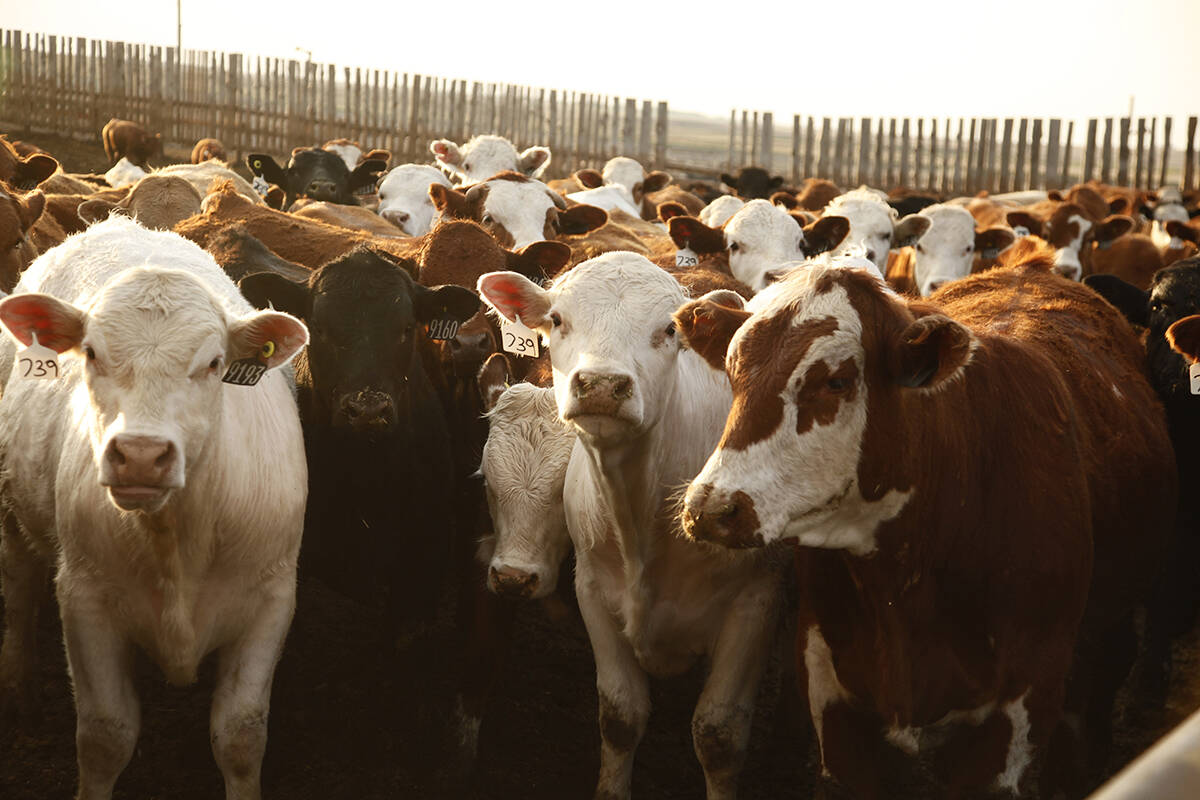SMITHERS, B.C. – The cattle industry does not intend to fiddle as demand for its product fizzles.
But stretching the dollars to generate beef demand is the greatest challenge, a group was told at the British Columbia Cattlemen’s Association meeting here.
The beef industry’s five year development fund of $5.2 million runs out this year, so less costly avenues to promote beef are under investigation.
Halting beef promotion television ads was one budget measure. With a budget of $5.8 million for the coming year, commercials advertising generic beef were considered unaffordable.
Read Also

Canada’s simplified BSE testing program shows good uptake
Going by the number of submitted material samples so far, cattle producers’ response so far to an updated national surveillance program for BSE is encouraging for Canada’s CFIA.
“The dollars are not there to do it right,” said Wilf Campbell, chair of the national Beef Information Centre board.
The national beef promotion budget is small compared to other groups such as the Ontario Dairy Farmers, which spends $15 million annually to promote milk.
Beef consumption has been declining. The centre wants to boost consumption by three percent by 2002. Canadians eat about 49 pounds of beef a year out of an average 152 pounds of meat annually.
This year $1 million is designated for health advertising encouraging people to “Boost your energy naturally with beef.” The ads will appear in magazines in September.
Money is also designated for research projects on Canadian eating habits and health concerns.
One of the seven projects under way is at McGill University, which is looking at nutritional food habits to learn what people eat and what nutrients they derive from their foods. Some provinces have conducted similar research but the last national study was done in 1972, said Pat Scarlett of the Beef Information Centre.
Laval University is doing a feeding trial for men with high blood serum cholesterol levels. Three different diets, featuring fish, chicken and beef, are offered for two weeks each.
Meals are prepared by the university so each person gets the same food. Blood work is done regularly to measure cholesterol levels.















